What is survivor’s guilt?
Second Parkland massacre survivor takes their own life in less than a week amid calls for greater mental health support
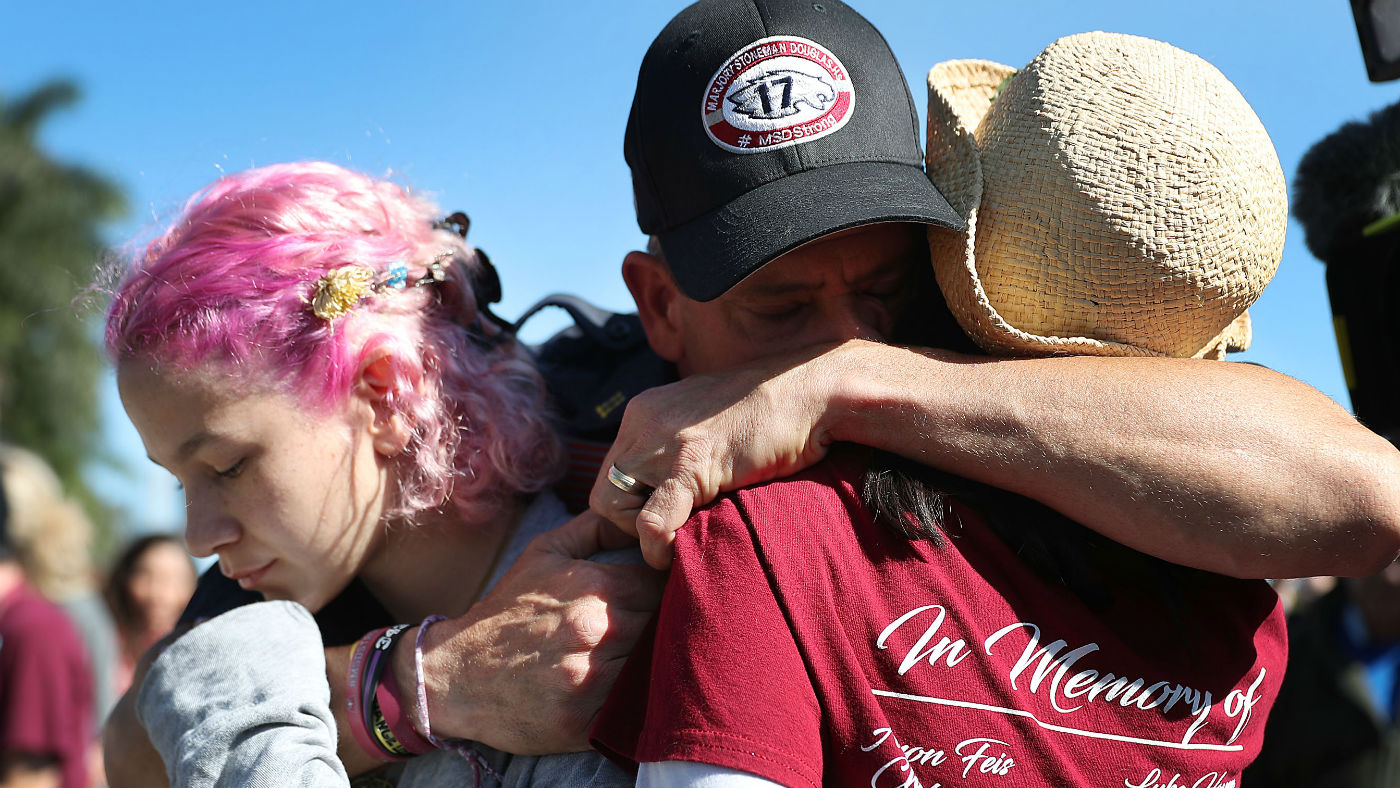
A free daily email with the biggest news stories of the day – and the best features from TheWeek.com
You are now subscribed
Your newsletter sign-up was successful
A second survivor of the Parkland shooting massacre has taken their own life in under a week, shining a spotlight on the phenomenon of survivor’s guilt.
Police in Florida have confirmed that an as-yet unnamed student at Marjory Stoneman Douglas High School in Florida, where 14 other students and three staff members were gunned down last year, has died in an apparent suicide.
It comes less than a week after a 19-year-old survivor of the deadliest-ever US high school shooting took her own life.
The Week
Escape your echo chamber. Get the facts behind the news, plus analysis from multiple perspectives.

Sign up for The Week's Free Newsletters
From our morning news briefing to a weekly Good News Newsletter, get the best of The Week delivered directly to your inbox.
From our morning news briefing to a weekly Good News Newsletter, get the best of The Week delivered directly to your inbox.
According to her family, Syndey Aiello was suffering from “survivor’s guilt” and had been diagnosed with post-traumatic stress disorder.
Aiello had been close friends with one of the shooting victims, Meadow Pollack, whose family described her death as “tragic, shocking and heartbreaking, and surely at least in significant part the result of the ripple effect of the MSD shooting”.
According to Vox’s Amanda Sakuma, “it’s not unprecedented for tragedies such as Parkland to have a ripple effect of trauma for survivors”.
The news site notes that students who lived through the Columbine shooting in 1999 “notably struggled in the aftermath of the massacre. Some also died by suicide soon after”.
A free daily email with the biggest news stories of the day – and the best features from TheWeek.com
Dr Victor Schwartz, chief medical officer at The Jed Foundation, a nonprofit that focuses on monitoring teenagers' and young adults' emotional health and preventing suicide, told NBC News that “exposure to death around you does to some small degree raise the risk of suicide”.
“It stands to reason that there is some increased risk around the survivor guilt,” he said.
Victims of trauma can struggle with guilt over failing to stop tragedy, despite it being out of their control, says Crisis Center of Tampa Bay CEO Clara Reynolds.
“That thinking will continue to escalate, to the point that you become very depressed and very despondent,” she told Fox News.
The Daily Mail reports that in the immediate aftermath of the Parkland shooting the local school district opened several counselling centers. Grief counsellors and comfort animals were also on site as students returned to school in the weeks following the massacre.
Yet Reuters reports that the suicide of two survivors in quick succession “drew calls for increased spending on mental health services for the Marjory Stoneman Douglas High School community and other schools”.
David Hogg, who survived the 2018 shooting and became a gun control advocate, said schools needed serious mental health funding and proper guidance counsellors.
“How many more kids have to be taken from us as a result of suicide for the government/school district to do anything?” he tweeted.
“Another approach to suicide prevention is addressing the underlying problem that embroiled the Parkland survivors in the first place: gun violence” says Sakuma.
Research shows that states with higher rates of gun ownership also have higher rates of suicides by guns, with 48% of all suicide deaths involving firearms according to the Centre for Disease Control and Prevention.
Sakuma says “these data points may help unlock a potential solution, one that Parkland survivors have been pointing to all along: Fewer guns lead to fewer deaths”.
If someone you are worried about expresses suicidal feelings, you or they should contact a GP or NHS 111. You can also call the Samaritans free on 116 123 for confidential, 24-hour support, or call Mind, the mental health charity, on 0300 123 3393.
-
 Magazine printables - February 27, 2026
Magazine printables - February 27, 2026Puzzle and Quizzes Magazine printables - February 27, 2026
-
 ‘The forces he united still shape the Democratic Party’
‘The forces he united still shape the Democratic Party’Instant Opinion Opinion, comment and editorials of the day
-
 The year’s ‘it’ vegetable is a versatile, economical wonder
The year’s ‘it’ vegetable is a versatile, economical wonderthe week recommends How to think about thinking about cabbage
-
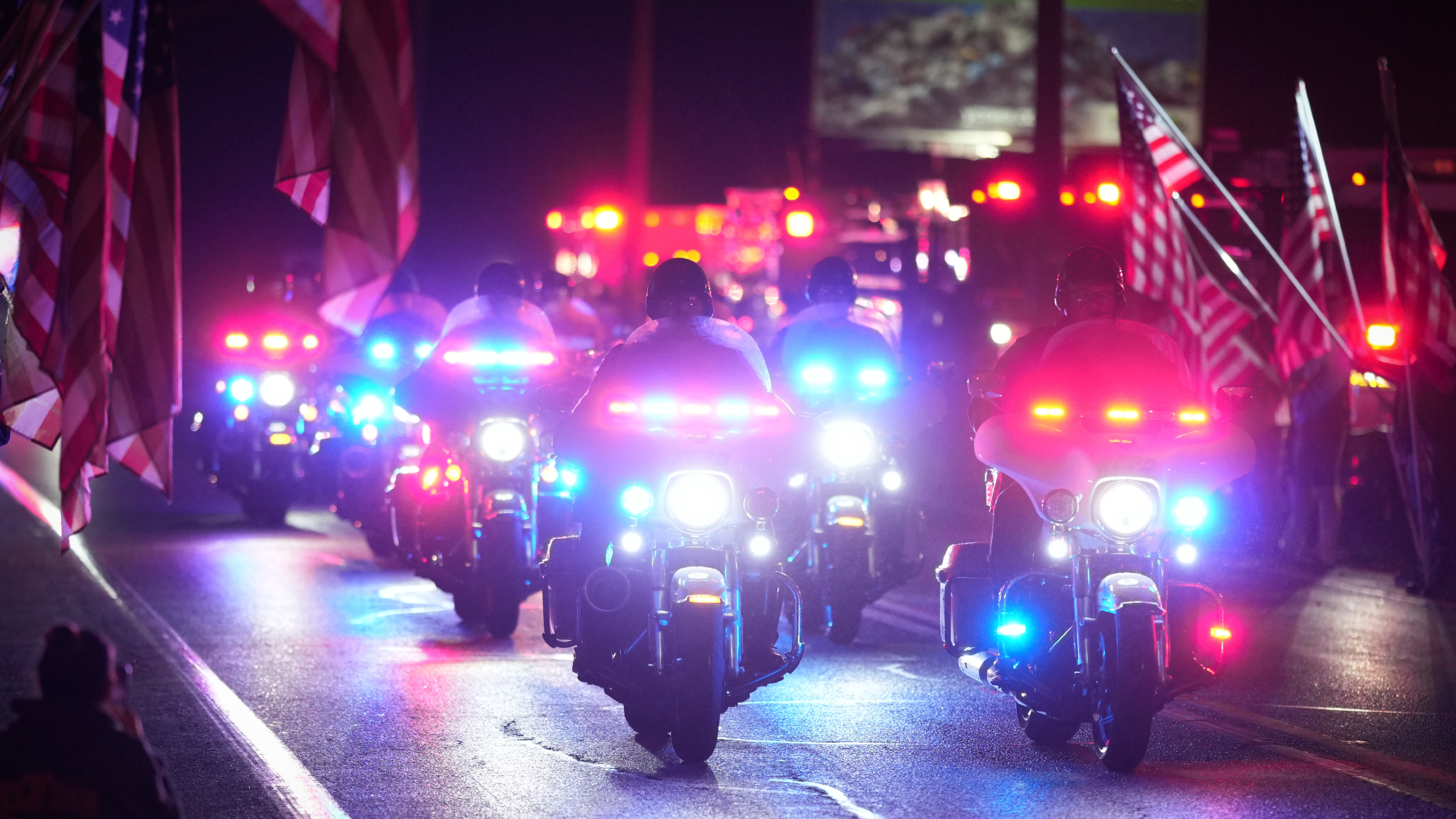 3 officers killed in Pennsylvania shooting
3 officers killed in Pennsylvania shootingSpeed Read Police did not share the identities of the officers or the slain suspect, nor the motive or the focus of the still-active investigation
-
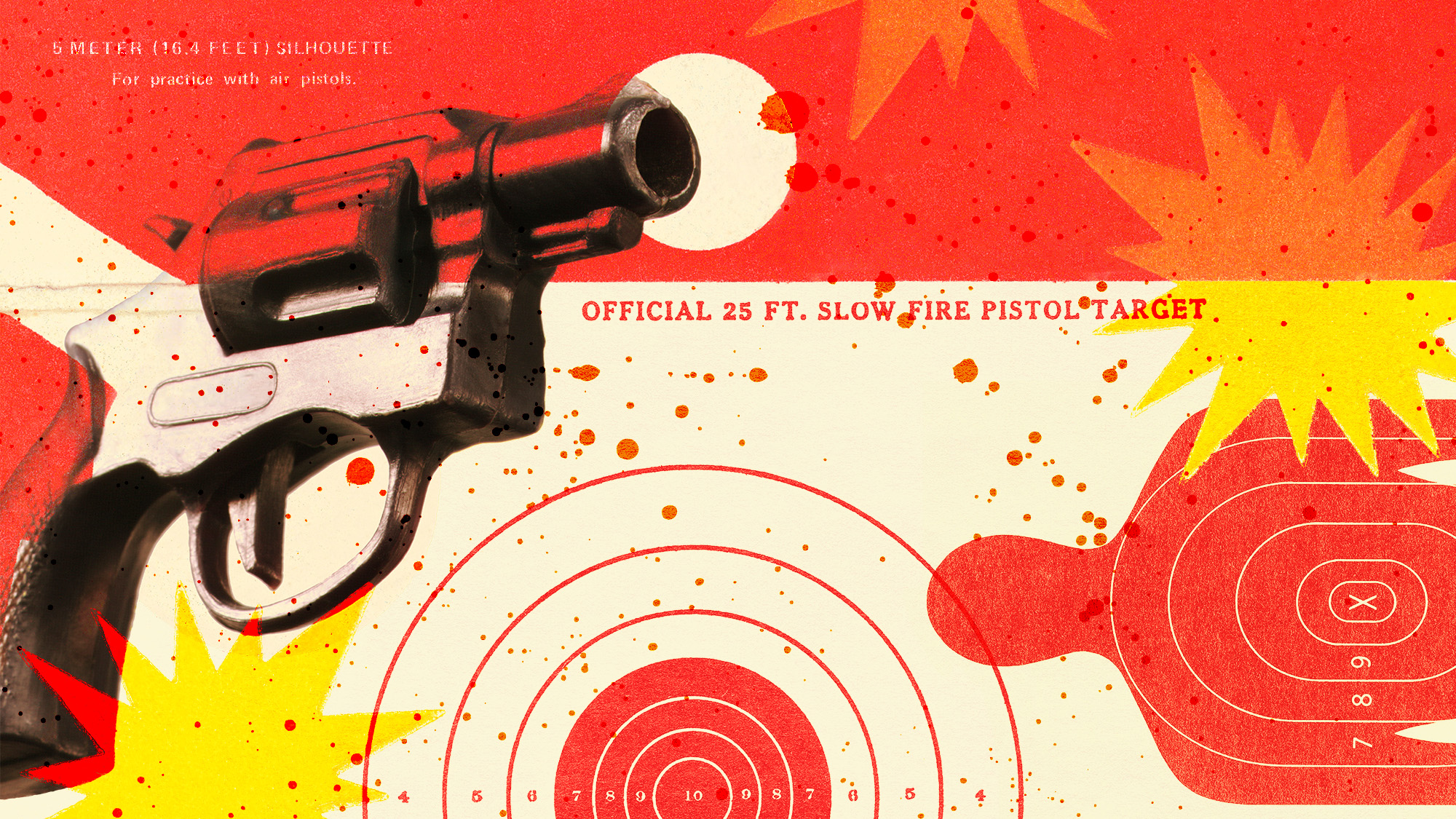 Trump lambasts crime, but his administration is cutting gun violence prevention
Trump lambasts crime, but his administration is cutting gun violence preventionThe Explainer The DOJ has canceled at least $500 million in public safety grants
-
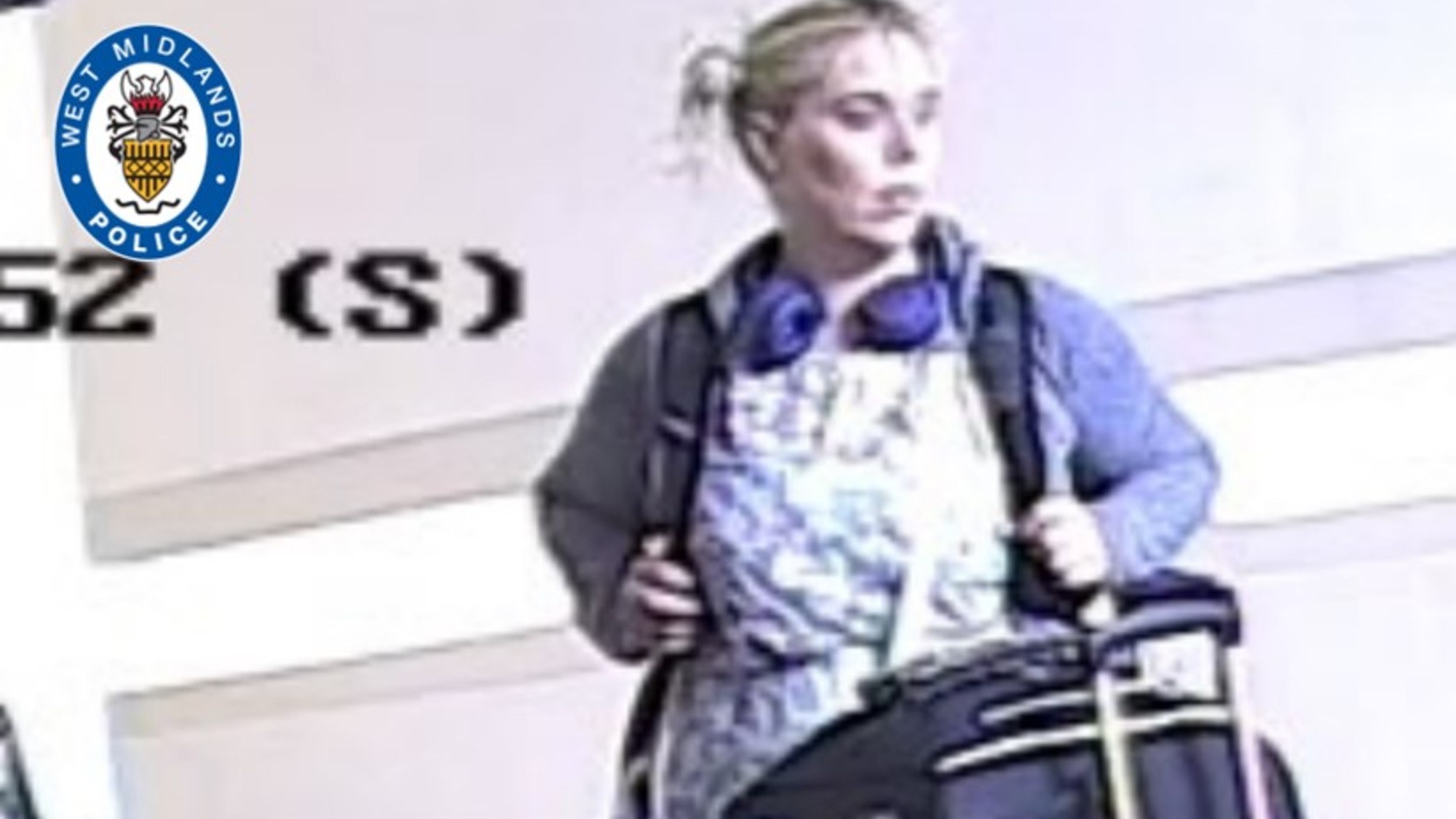 Aimee Betro: the Wisconsin woman who came to Birmingham to kill
Aimee Betro: the Wisconsin woman who came to Birmingham to killIn the Spotlight US hitwoman wore a niqab in online lover's revenge plot
-
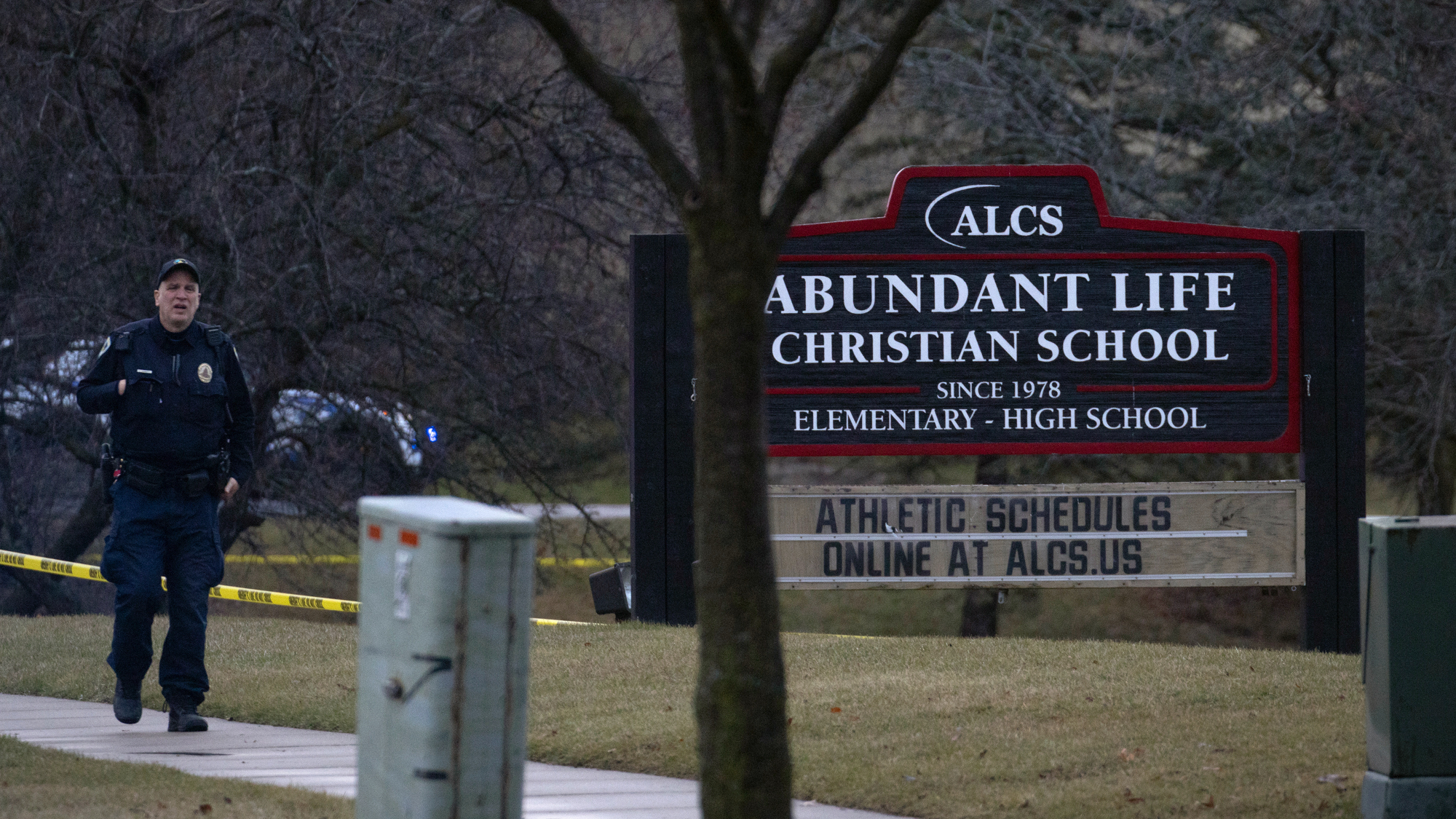 Teenage girl kills 2 in Wisconsin school shooting
Teenage girl kills 2 in Wisconsin school shootingSpeed Read 15-year-old Natalie Rupnow fatally shot a teacher and student at Abundant Life Christian School
-
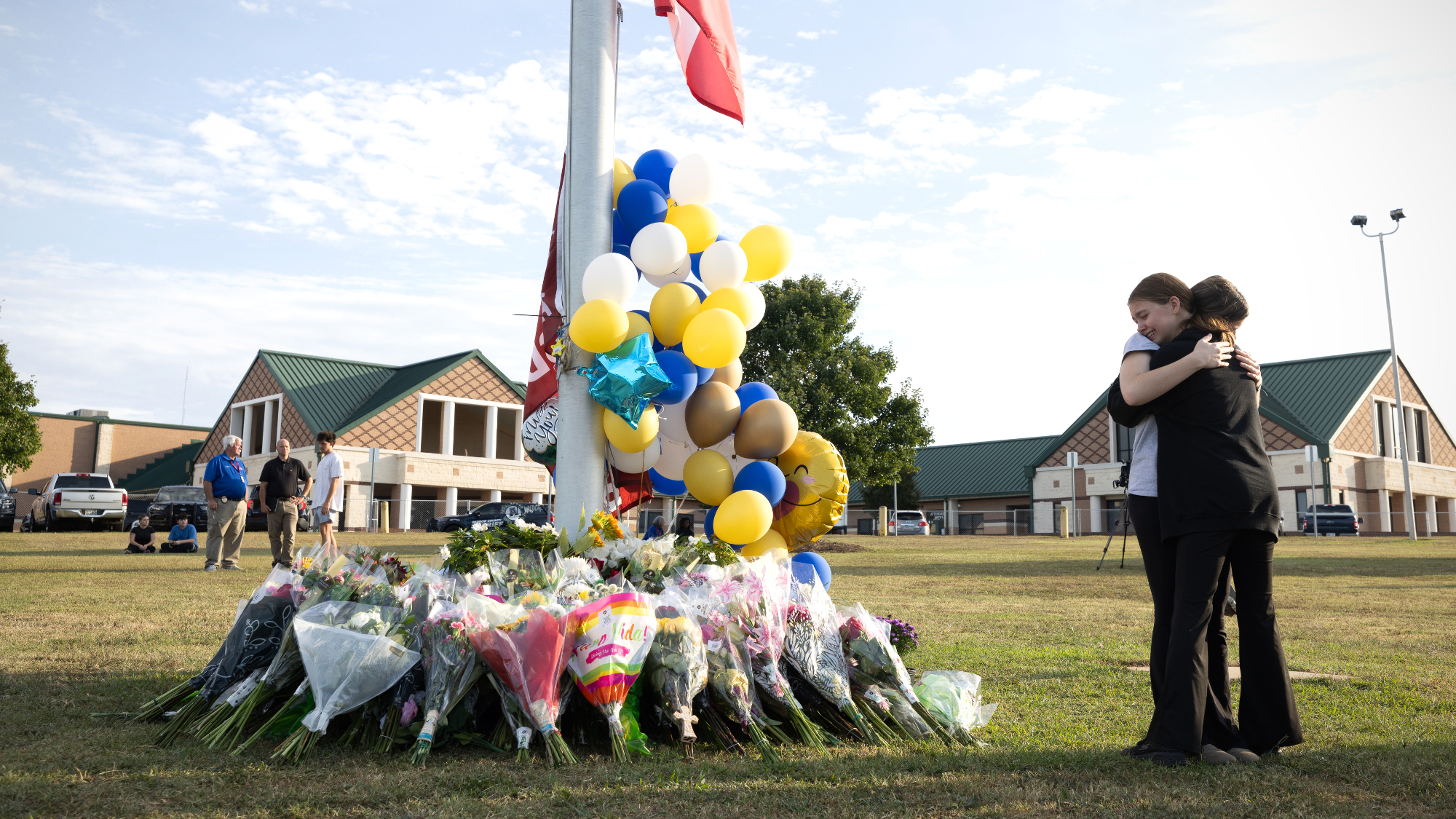 Father of alleged Georgia school shooter arrested
Father of alleged Georgia school shooter arrestedSpeed Read The 14-year-old's father was arrested in connection with the deaths of two teachers and two students
-
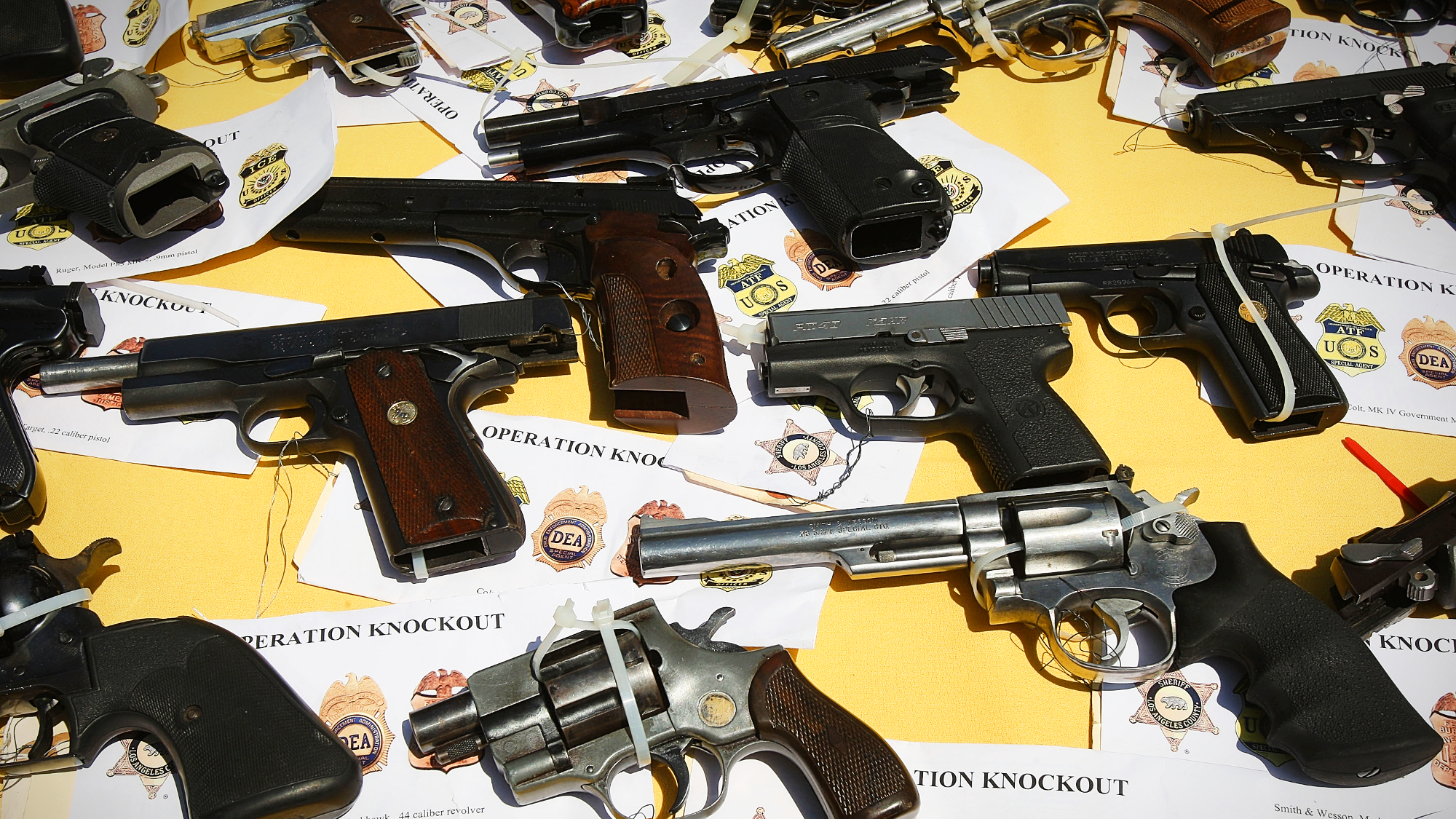 Unlicensed dealers and black market guns
Unlicensed dealers and black market gunsSpeed Read 68,000 illegally trafficked guns were sold in a five year period, said ATF
-
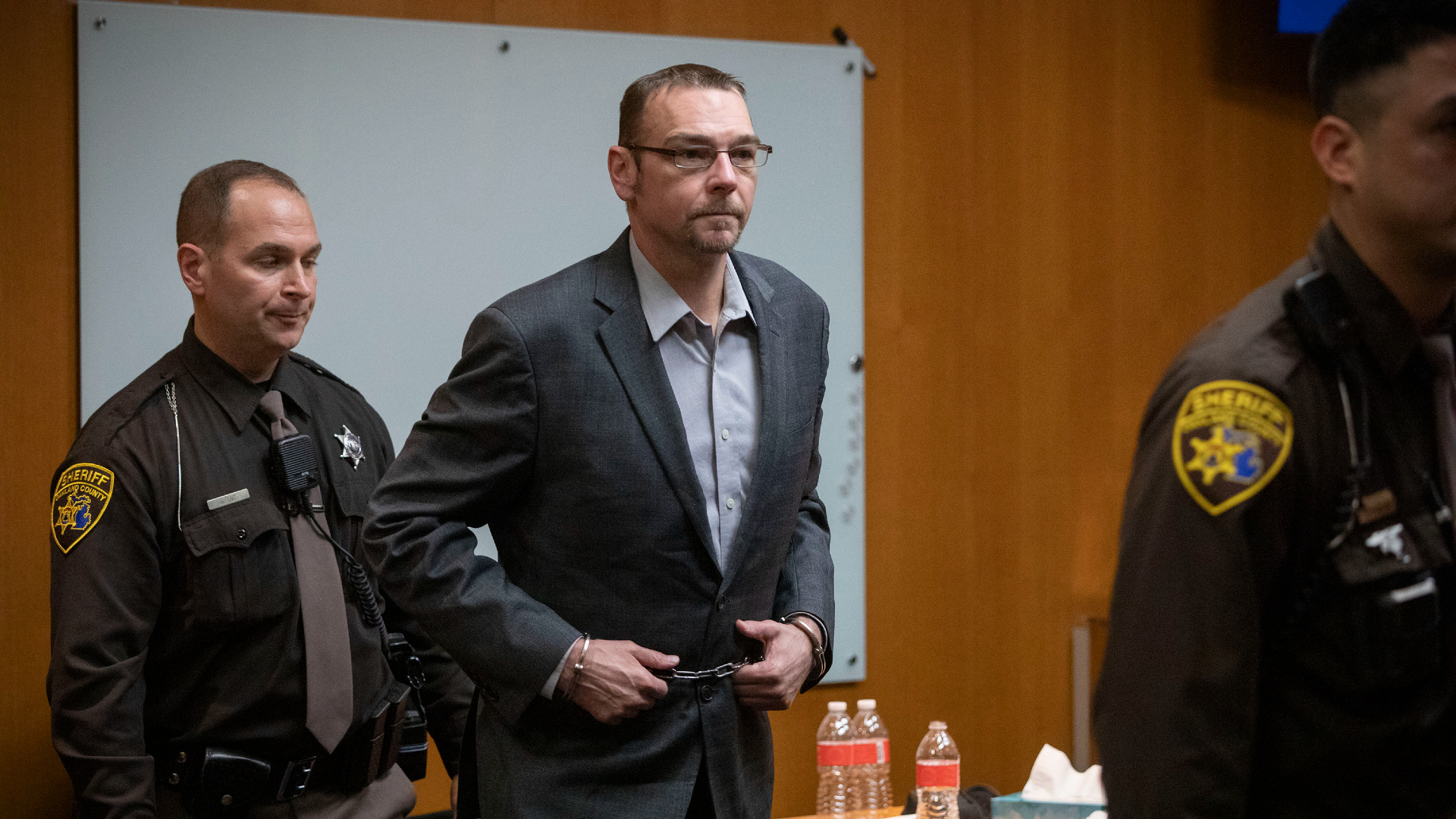 Michigan shooter's dad guilty of manslaughter
Michigan shooter's dad guilty of manslaughterspeed read James Crumbley failed to prevent his son from killing four students at Oxford High School in 2021
-
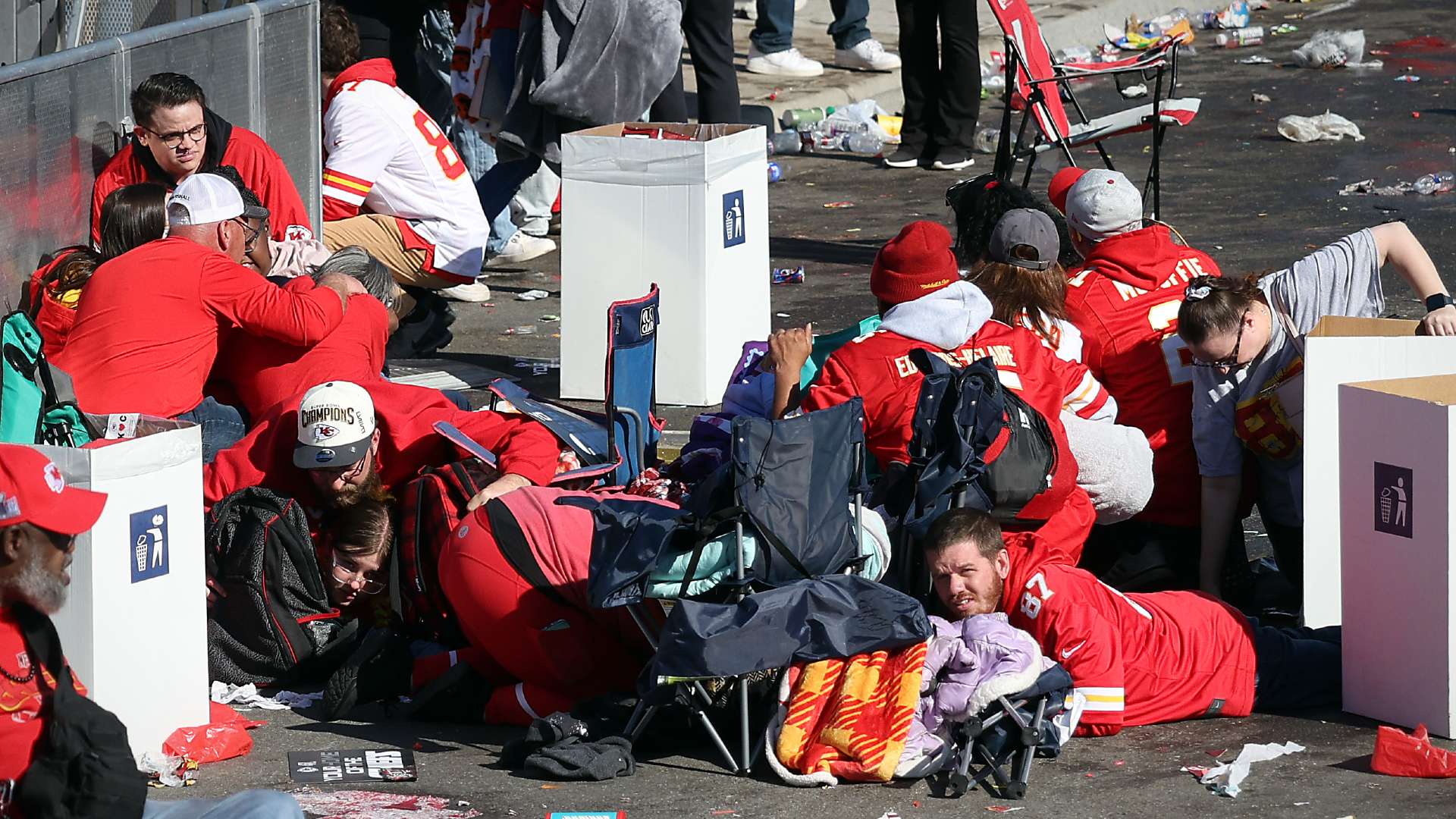 Shooting at Chiefs victory rally kills 1, injures 21
Shooting at Chiefs victory rally kills 1, injures 21Speed Read Gunfire broke out at the Kansas City Chiefs' Super Bowl victory parade in Missouri